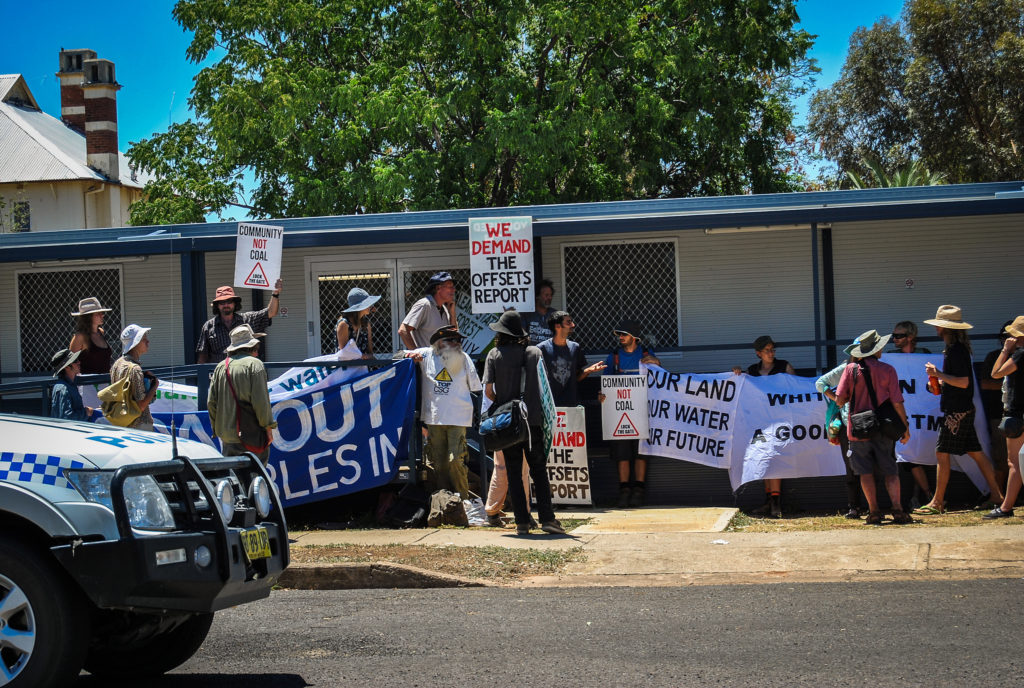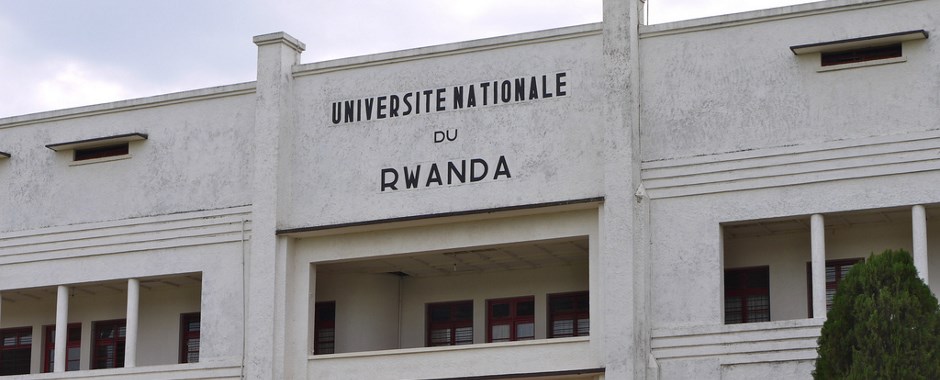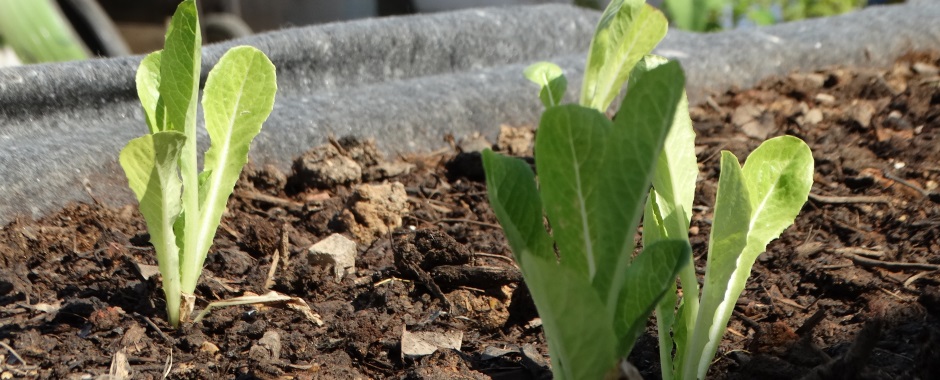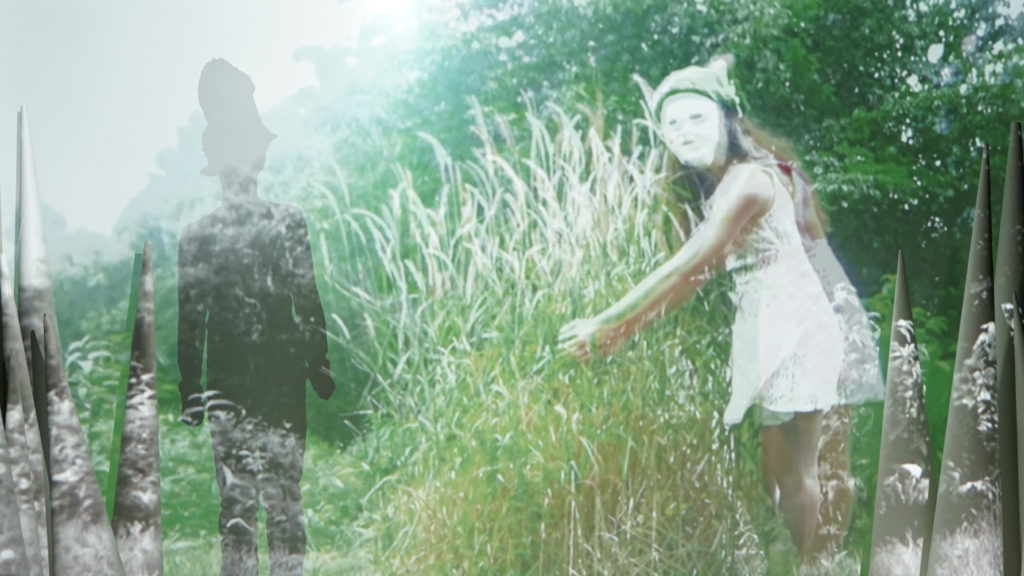By Niak Sian Koh (Stockholm Resilience Centre, Sweden) and Amos Ochieng (Department of Forestry, Biodiversity and Tourism, Makerere University, Uganda) In an attempt to address the crucial problem of biodiversity…
Destruction-prone conservation policies: one pathway to sustainability?
Learning from crises: state-citizen relations in the time of cholera
The cholera outbreak in Zimbabwe in 2008 was the worst ever recorded in Africa. There were nearly 100,000 infections and some 4,300 deaths. The disease swept through the crowded urban…
Towards a more convivial politics of science
This is the last in a series of three blog posts by Andy Stirling about the theme of the STEPS Centre for 2019: Uncertainty. In previous blogposts in this series,…
How politics closes down uncertainty
This is the second in a series of blog posts on uncertainty by Andy Stirling. The first one is here and the third in the series is here. In a…
How can knowledge systems in East Africa contribute to sustainable development?
Unpacking Knowledge Systems for sustainable development in East Africa: Practical perspectives from Kenya, Rwanda and Tanzania by Joanes Atela, Fiona Marshall, Nora Ndege, Joanna Chataway, Andy Frost and Andy Hall,…
Reflections on Authoritarian Populism: Democracy, Technology and Ecological Destruction
Using anarchist critique to unearth the ‘roots’ of authoritarian populism can offer a productive gateway for understanding the origins and continuation of socio-ecological and economic crises. The language of ‘authoritarian…
Politics in the language of uncertainty
This is the first in a series of three blog post about uncertainty by Andy Stirling. The second post is here and the third post is here. Uncertainty is not…
What can transdisciplinarity give back to communities?
By Simone Omori, Leandro Giatti and Saurabh Arora The water-energy-food and environment nexus (w-e-f-e nexus) is a matter of understanding and acting on interdependent areas of activity. By directing attention to…
Should political ecology be populist?
By Diego Andreucci Political ecology should take populism seriously, not only because of its authoritarian or regressive manifestations, but also for its transformative potential. The rise of right-wing populism is intimately…
Art, Uncertainty and System Change
It is becoming increasingly common to see funders, at national and international levels, in the sciences, arts and humanities, encouraging interdisciplinary approaches to various fundamental policy challenges. Initiatives focusing on…







